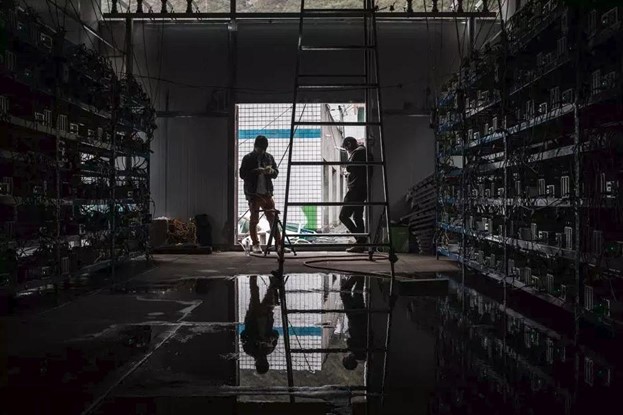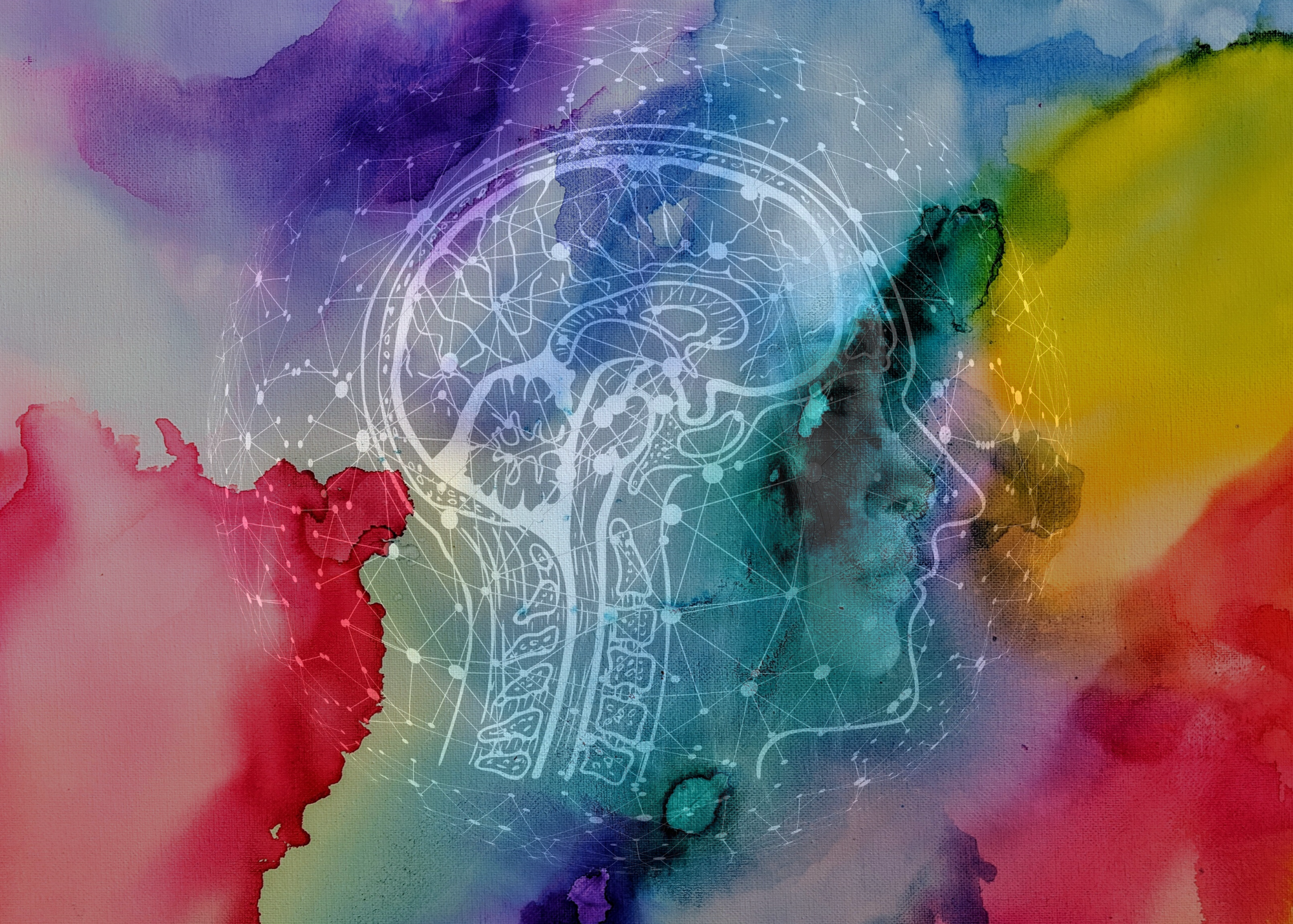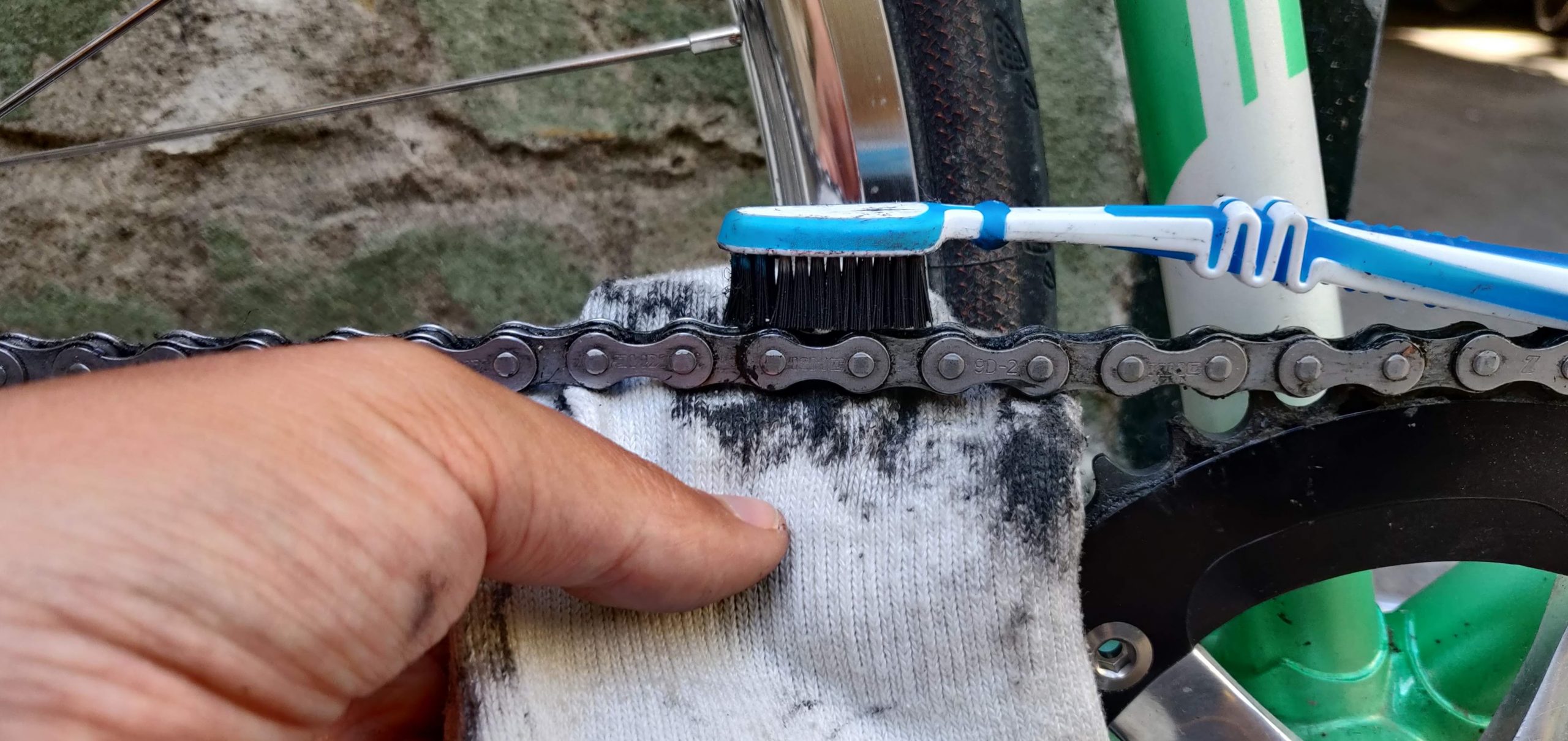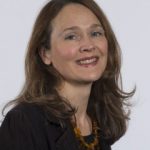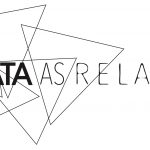Technologies in Practice is one of Scandinavia’s leading research groups at the intersection of IT and society. Based at the IT University of Copenhagen, we conduct qualitative studies of technologically mediated practices in organisations and everyday life.
The vast majority of societal challenges demand critical engagement with contemporary technologies.
Our interdisciplinary environment provides students and researchers with the resources necessary for analysing entanglements of the social and technical with and through IT.
News
Stream talk by Professor Sarah Pink: Emerging Technologies and Automated Worlds
On February 1st, TiP and ETHOS Lab were proud to host a talk by Professor Sarah Pink, Distinguished Professor at the Digital Ethnography Research Centre at RMIT University, Australia. Stream the talk online If you were unable to attend the event, and wonder if it has a digital existence, look no further. On ETHOS Lab’s Facebook page […]
After-Work Event about the Dilemmas of Digitization
The team behind the Data as Relation research project invites practitioners and people with an interest in public digitisation to an afternoon event about governance in the data driven society. Event details The event takes place at the IT-University on the 13th of March 2018 from 14.30-16.00. The event consists of short presentations from our latest research […]
TiP on Twitter
Tweets by @TiP_ituResearch
We are an interdisciplinary group, with a shared interest in qualitative studies of technologically mediated practices. Our work is funded by the Danish Research Council, European Union's Horizon 2020 program, Carlsberg Foundation, Innovation Foundation, Novo Nordisk and the Velux Foundation.
Teaching
We closely integrate our role as educators with our work as a research group. Our international faculty use insights from around the world in their teaching. Our teaching draws on disciplinary backgrounds such as information studies, history, anthropology, sociology, and critical computer science. We aim to help students address the critical questions arising at the intersection of society and technology.
